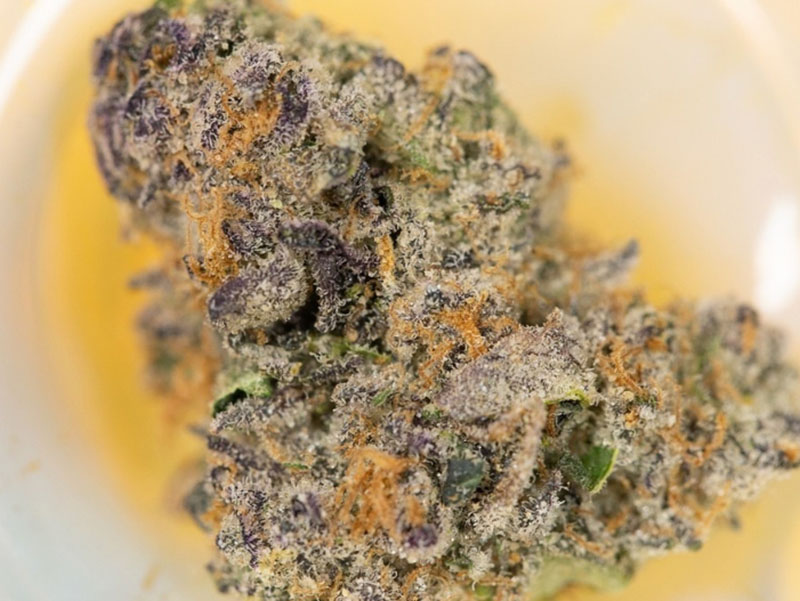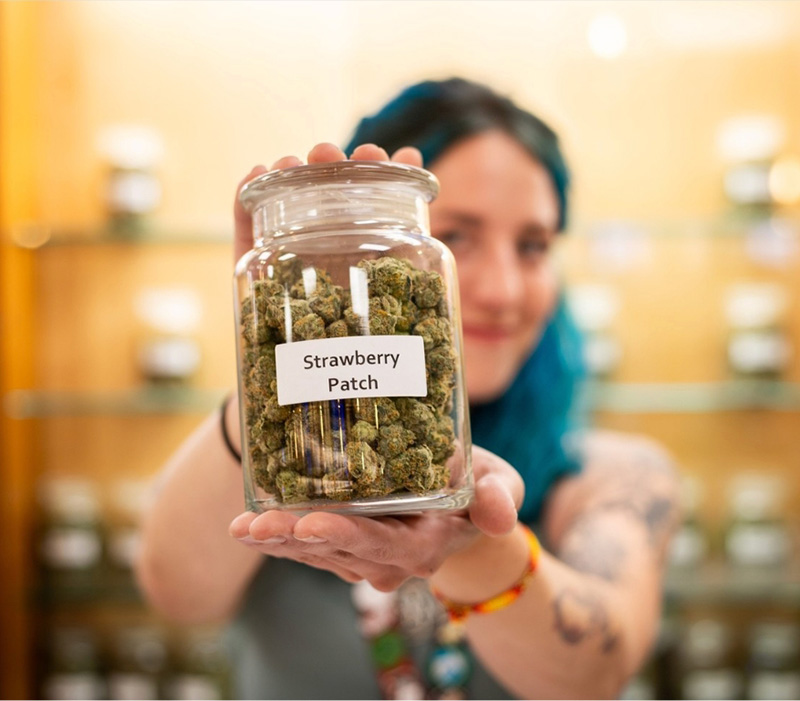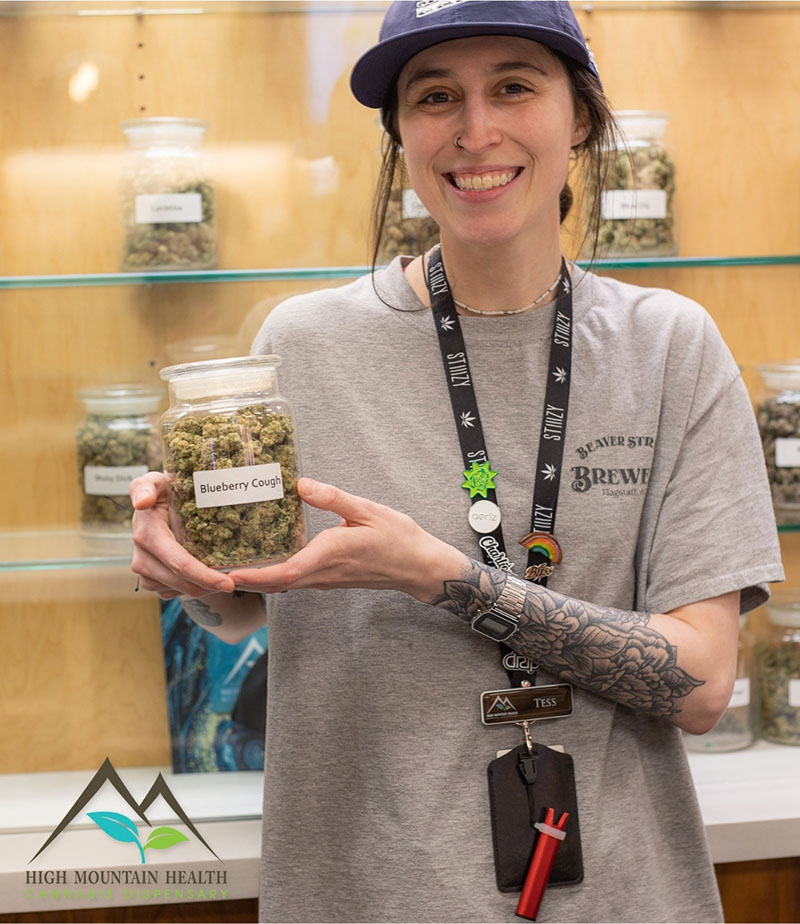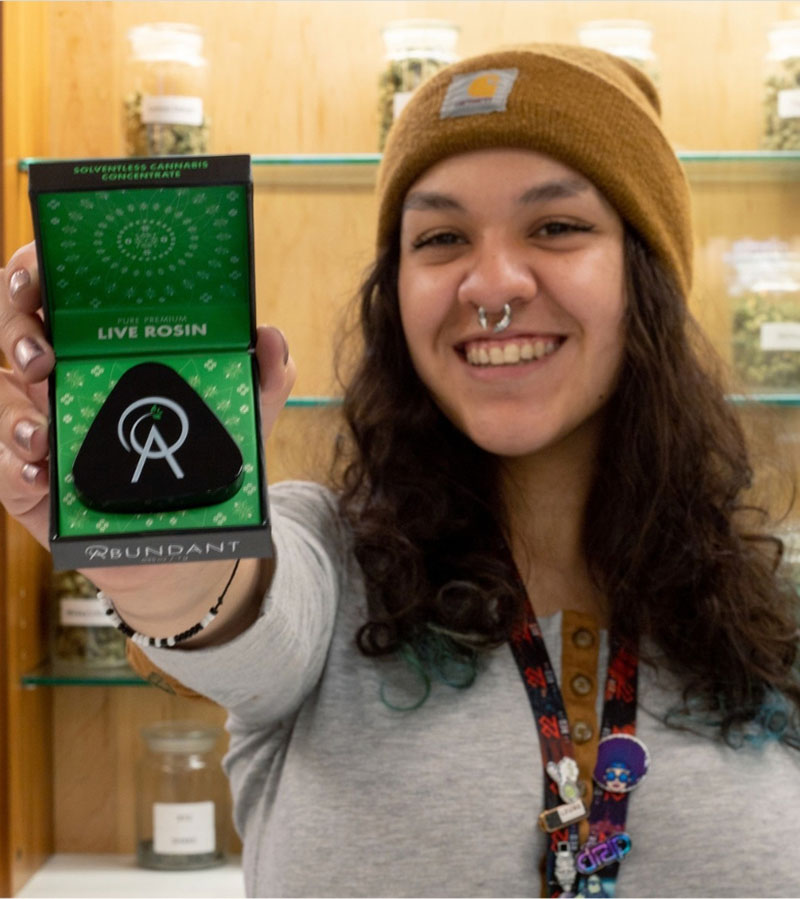 Fibromyalgia is one of the most common chronic pain conditions, affecting more than 3 million Americans per year. The little-understood condition recently entered the spotlight, due to musician Lady Gaga discussing it openly on Twitter and in the recent documentary detailing her life. The documentary explores her struggles with chronic pain and how it has affected her musical career. If anything is certain, this superstar is not alone in her struggle to cope with this disease.
Fibromyalgia is one of the most common chronic pain conditions, affecting more than 3 million Americans per year. The little-understood condition recently entered the spotlight, due to musician Lady Gaga discussing it openly on Twitter and in the recent documentary detailing her life. The documentary explores her struggles with chronic pain and how it has affected her musical career. If anything is certain, this superstar is not alone in her struggle to cope with this disease.
Fibromyalgia is characterized by musculoskeletal pain, fatigue, and mood swings. Those with fibromyalgia are likely to experience other conditions, such as jaw pain, irritable bowel syndrome, sleep disorders, anxiety and depression as a result of living with chronic pain. While many researchers believe fibromyalgia is genetic, there is no truly understood underlying cause of this condition. It is also believed that fibromyalgia may be triggered through infection or a traumatic experience. There have also been studies to explore an increased number of neurotransmitters in the brain of patients with fibromyalgia -- this may result in a higher sensitivity to pain.
Risk factors for fibromyalgia include:
Your sex: Women more commonly develop fibromyalgia than men.
Genetic history: If one or both of your parents experienced fibromyalgia.
Other conditions: If you already experience arthritis, lupus or various other conditions.
Patients with fibromyalgia often turn to cannabis as more traditional pain management techniques feel inadequate or ineffective. Cannabis therapy is often recommended by prescribing doctors as it has shown to help reduce the chronic pain associated with the condition. Despite patients self-medicating with cannabis, it is still not widely accepted as a medicine. This may change, however, as more information regarding cannabis' efficacy comes to light. For instance, researchers at Germany's University of Heidelberg explored the effects of oral THC in nine patients with fibromyalgia over a 3-month period in 2006. Test subjects were given 2.5 to 15 mg of THC daily and received no other pain medication during the experiment. All nine subjects reported a significant reduction in pain. Furthermore, another controlled study in 2011 confirmed the finding of previous experiments. During this study, there were 28 patients given a controlled dose of THC. Cannabis therapy was successful; authors concluded: "Patients used cannabis not only to alleviate pain but for almost all symptoms associated to FM, and no one reported worsening of symptoms following cannabis use. ... Significant relief of pain, stiffness, relaxation, somnolence, and perception of well-being, evaluated by VAS (visual analog scales) before and two hours after cannabis self-administration was observed."
For those suffering from fibromyalgia, chronic pain may be so severe as to interfere with the duties of everyday life: going to work, seeing family, taking care of kids or pets, etc. Because there are no outward symptoms (the pain is primarily neurological, but debilitating nonetheless), patients may feel isolated and hopeless. Cannabis offers a route that has proven to be effective and, above all, safe. Cannabinoids have long been known to have potent analgesic (pain relieving) effects. Their ability to lessen or limit the pain associated with fibromyalgia is so dramatic, researchers have theorized that fibromyalgia is actually connected to a drop in endogenous cannabinoids—the cannabinoids our bodies naturally produce. In one study, the authors concluded: "Migraine, fibromyalgia, IBS and related conditions display common clinical, biochemical and pathophysiological patterns that suggest an underlying clinical endocannabinoid deficiency that may be suitably treated with cannabinoid medicines."
Cannabis may represent a medicine offering life-changing benefits for patients with chronic pain.












